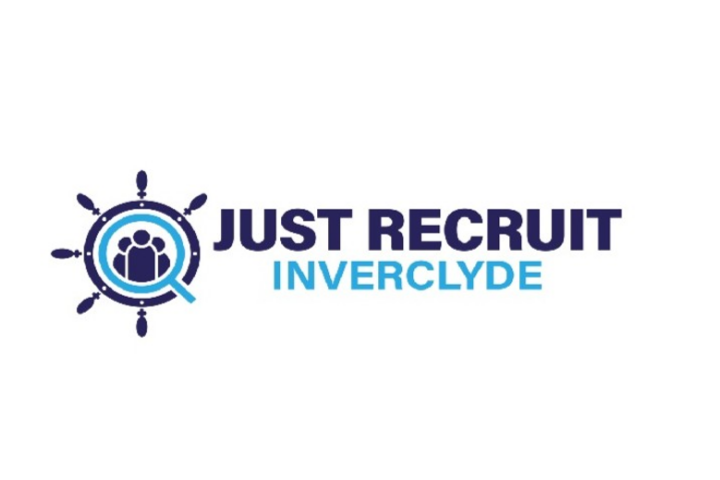A recruitment specialist has warned employers to take action on a growing workplace trend known as “job hugging”, as data revealed that workers are prioritising job security over career development.
The trend, in which employees remain in roles they have outgrown because they feel safer staying put, is becoming more common and may be limiting internal mobility and innovation across organisations.
New figures revealed that 55% of workers prioritised job security above progression, with the proportion rising to 65% among those aged 18 to 34.
Rising living costs, ongoing economic pressures and anxieties around AI were all contributing factors to employees’ reluctance to move roles.
According to Claudia Cohen, director of the academy at tech talent firm La Fosse, job hugging reflects a shift in employee behaviour that employers must not ignore.
She said: “Job hugging isn’t just about people being cautious. It’s about comfort over career.
“When someone stays in a role they’ve outgrown, it can hold back the rest of the team, block internal opportunities, and slow down innovation.”
She added that the phenomenon can have knock-on effects across teams: “Employees may experience boredom and disengagement, high-potential colleagues may be denied promotions, and the team as a whole can lose momentum.
“For leadership teams, this tends to show up as declining performance, unfulfilled talent pipelines, and frustration across the business.”
Cohen said economic pressures, the rising cost of living and uncertainty around technological change are all contributing to workers remaining in roles for longer.
She noted that many employees feel safer maintaining the status quo if promotion opportunities are limited or the wider labour market feels unstable.
She added: “Organisations need to understand that when people are clinging to jobs, it’s rarely a reflection of disengagement alone.
“It’s about broader insecurity – and it’s a challenge HR and recruitment teams need to tackle strategically.”
The impact of job hugging on performance, talent pipelines and agility is now becoming more visible in some sectors.
Cohen said the trend risks delaying key projects and reducing opportunities for collaboration.
She continued: “If one person holds onto a position out of comfort, it creates a ripple effect.
“Others may feel stuck, promotions can be harder to come by, and the organisation’s ability to adapt to change is compromised.”
Cohen advised employers to take a proactive approach by supporting clearer development pathways and creating a culture that encourages internal movement.
Measures include more frequent career conversations, targeted upskilling and reviewing team structures to support progression.
She concluded: “Understanding where employees want to go in their careers is the first step to keeping teams energised.
“Investing in purposeful upskilling isn’t just about filling practical gaps, it gives employees the confidence to take on new opportunities and keeps the talent pipeline flowing.”















